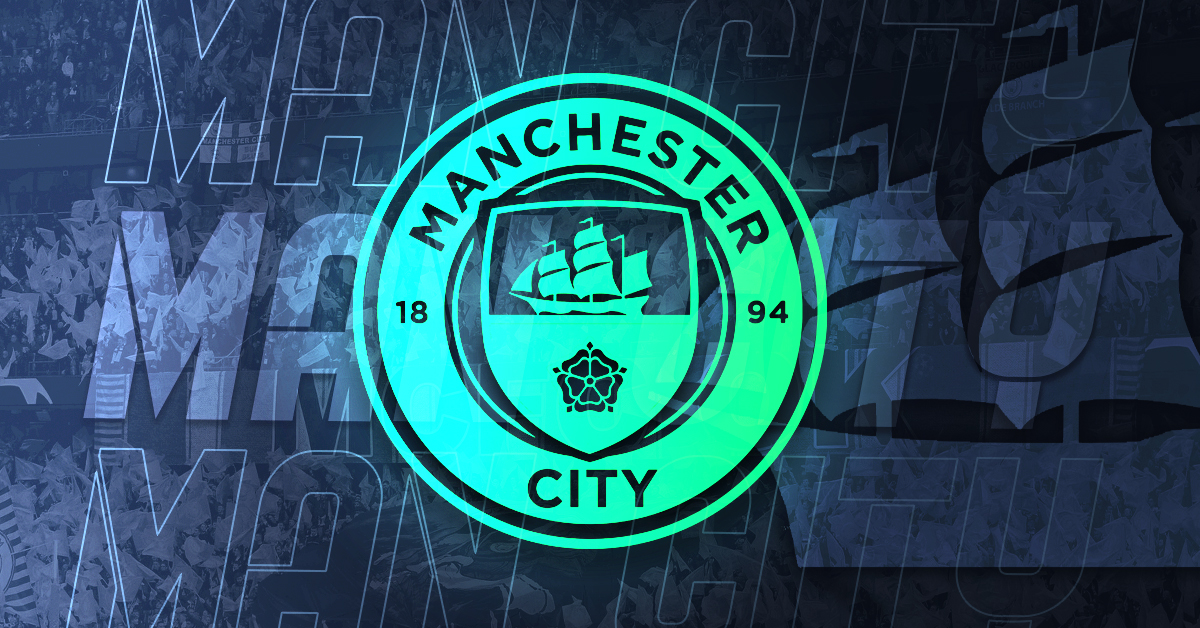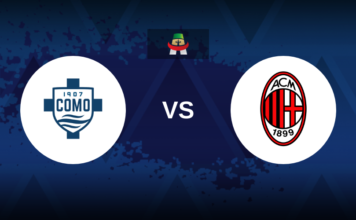Manchester City has been a symbol of footballing dominance for over a decade, with a trophy-laden era under Pep Guardiola that redefined success in the Premier League.
However, the 2024 season marks an unexpected downturn in their fortunes. From poor performances on the pitch to deeper systemic issues, City’s decline has been both dramatic and perplexing. Let’s dissect what has gone wrong for the reigning champions.
A Season of Disappointment
By Christmas 2024, Manchester City found themselves in an unthinkable position: seventh in the Premier League, 12 points behind leaders Liverpool, with just one win in their last 12 matches. The once-unstoppable team has not only lost games but has also set unwanted records. Among them:
- Losing a Manchester Derby despite leading in the 88th minute.
- A shocking 3-3 draw with Feyenoord in the Champions League after leading 3-0 in the 74th minute.
- Four consecutive Premier League defeats, a streak not seen since 2008.
This collapse has left fans and pundits alike questioning how a team that once seemed untouchable has fallen so far.
The Warning Signs
City’s current struggles didn’t arise overnight. The warning signs have been there for years, stemming from issues in squad management and decision-making.
Aging Core Players
Much of Guardiola’s success has revolved around a core group of players, including Kevin De Bruyne, Kyle Walker, John Stones, and Bernardo Silva. While these players were instrumental in City’s dominance, most are now past their primes. Despite their advancing years, the club failed to adequately refresh the squad.
Poor Transfer Decisions
While City has made some notable signings, such as Erling Haaland and Julián Álvarez, their transfer strategy has been inconsistent:
- Dependence on Rodri without a reliable backup.
- Selling promising young talents like Cole Palmer and Romeo Lavia.
- Failure to replace aging players like İlkay Gündoğan with younger, high-impact signings.
This lack of long-term planning has left the team vulnerable, especially during periods of injuries or poor form.
The Financial Fair Play Shadow
Another factor affecting City is the looming specter of financial irregularities. In 2023, the Premier League charged the club with 115 breaches of its Financial Fair Play (FFP) rules. Potential penalties include points deductions, relegation, or even expulsion from the league. While the investigation is ongoing, the uncertainty has undoubtedly impacted the players’ morale and focus.
This isn’t City’s first brush with FFP issues. In 2020, UEFA banned the club from European competitions for two years, though the ban was later overturned. However, the current charges appear more severe and could have far-reaching consequences.
Injuries and Squad Depth
City’s squad has been ravaged by injuries to key players like De Bruyne, Rodri, John Stones, and Jack Grealish. With a thinner squad than in previous years, Guardiola has struggled to field a consistently competitive team. The reliance on a small group of players has magnified the impact of these injuries, leading to a sharp decline in performances.
Increased Competition
The 2024 season has also seen a resurgence from other clubs. Arsenal, Liverpool, and Chelsea are all legitimate title contenders, while teams like Aston Villa, Newcastle, and Nottingham Forest have significantly improved. City’s dominance is no longer assured in a league that has become more competitive than ever.
The Natural Cycle of Football
Even the greatest dynasties come to an end. Manchester City is not immune to the cyclical nature of football. We’ve seen it before with Manchester United after Sir Alex Ferguson, Real Madrid post-2018, and Barcelona in recent years. After nearly a decade of unparalleled success, City’s downturn may simply be a case of the natural ebb and flow of the game.
What’s Next for City?
The January transfer window offers a glimmer of hope. New signings could reinvigorate the squad, while the return of injured players might help stabilize performances. However, deeper structural changes are needed to address the aging squad, improve transfer strategies, and prepare for the potential fallout of FFP investigations.
The question now is whether Guardiola and his team have what it takes to rebuild and bounce back—or if this marks the end of the Manchester City dynasty. One thing is certain: the world will be watching.







